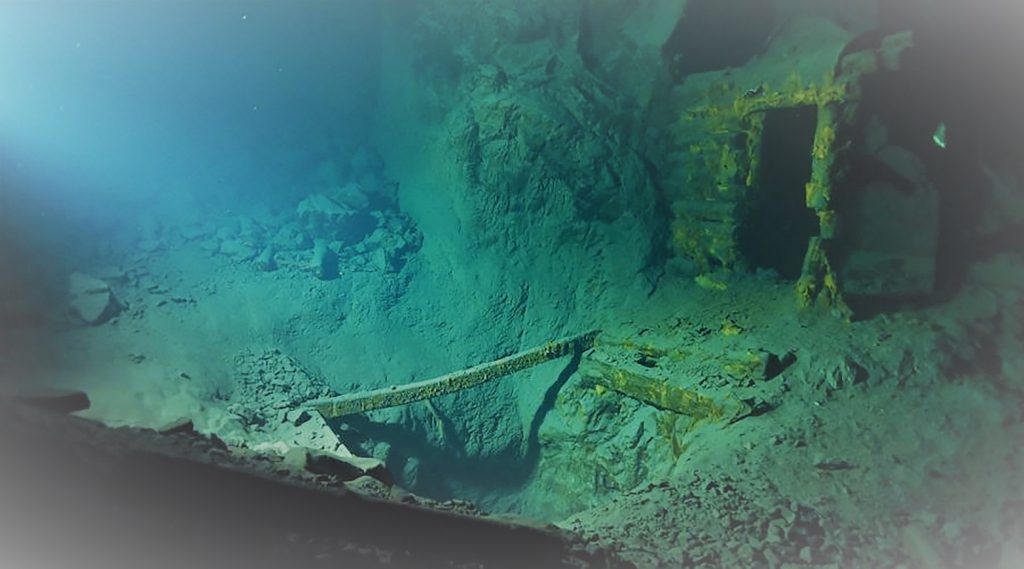Mine water project in South Tyneside moves to next phase

Planning permission has been granted for the construction of the energy center and heating network for the South Tyneside mine water project
The groundbreaking Hebburn Minewater Scheme in South Tyneside, England will now be moving to the second phase with the granting of planning permission for the energy centre and underground pipe network. Construction of the energy centre and pipe network is expected to start by late Spring and will be done by Vital Energi.
We had previously reported on the initial phase of this project that will harness heat from minewater from the abandoned coal mines in South Tyneside. This will then be combined with solar panels and gas produced from a wood gasification plant to power the heat pump.
The energy centre will house the water pumps and other plant equipment which will extract the minewater and convert it into usable heat. It will then be distributed to Council-owned buildings in the town centre via a new 272-metre-long network of pipes.
The new centre, which was designed by FaulknerBrowns Architects, will include a viewing platform to allow visitors to get a first-hand experience of the innovative process, which is expected to slash annual carbon emissions by hundreds of tonnes. The centre is to be named after the late Professor Paul Younger, an internationally-renowned scientist who was born in Hebburn.
“The energy centre will be located right in the heart of the town. The water extracted from the mines will be fed in and converted into low carbon and sustainable heat for local buildings, including a residential tower block,” said Lead Member with Responsibility for Climate Change Cllr Ernest Gibson.
“Investing in the natural environment is one of South Tyneside Council’s key priorities, with a target of carbon neutrality by 2030. This scheme is going to make a significant contribution to a cleaner, greener Borough.”
Last Autumn, the project reached a critical milestone when target mineworkings were hit at a depth of 291m, which was crucial to the success of the multi-million-pound project.
Testing also revealed that the temperature of the minewater is warmer than anticipated, which will result in significantly higher annual carbon savings than previous estimates of 319 tonnes.
The scheme, which secured over £3.9million in funding from the European Regional Development Fund, has been developed in collaboration with the Coal Authority and Durham University.
Source: South Tyneside Council